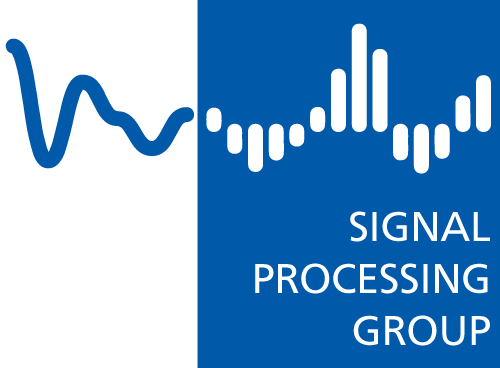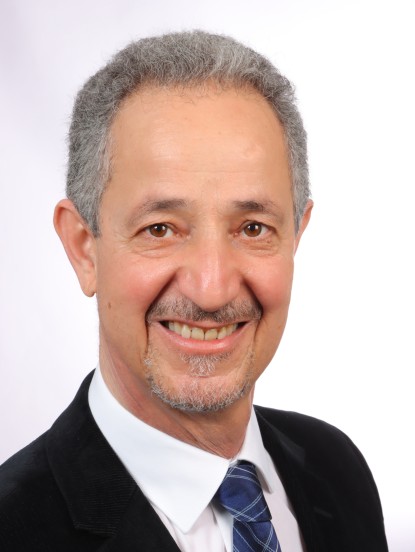Dr. Braham Barkat is visiting the Signal Processing Group
2016/09/02
We warmly welcome Dr. Braham Barkat to the Signal Processing Group. The Professor of the The Petroleum Institute, Abu Dhabi (UAE), will spend a research year in Darmstadt. Dr. Barkat is staying with the Signal Processing Group from September 1, 2016 until August 31, 2017 (Room S3|06 257).
Biography:
Dr. Barkat is an Associate Professor at the Electrical Engineering Department of The Petroleum Institute, Abu Dhabi (U.A.E). From 2000 to 2005, he had been an Assistant Professor at the School of Electrical & Electronics Engineering, Nanyang Technological University (Singapore). Prior to that, he was a Research Fellow at Queensland University of Technology (Brisbane, Australia) and Curtin University (Perth, Australia).
Dr. Barkat’s teaching responsibilities include developing and delivering postgraduate and undergraduate courses in various areas of Electrical Engineering, such as Probability Theory & Random Signals, Detection & Estimation, Digital Audio Signal Processing, Digital Signal Processing, Data Communications, Signals & Systems, Digital Control Systems, Feedback Control Systems, Micro-controllers/Micro-processors, Electrical Circuits I & II, Project Design, and several other fundamental electronics courses.
Dr. Barkat’s research deals with the development of signal processing techniques with applications to various engineering problems, such as telecommunications, automotive, bio-engineering, watermarking, and seismic data analysis. He has been successful in attracting many project grants, and his research resulted in close research collaboration with various international research groups.
Besides teaching and research, Dr. Barkat’s academic duties include supervision of postgraduate students (PhD, Masters) and undergraduate students (Final Year Projects). Also, he has been heavily involved in many services, either to the university or to the wider community. In particular, he has chaired several departmental committees including Postgraduate Research Council, Research Committee, Accreditation Committee, and Post-Graduation Committee.


